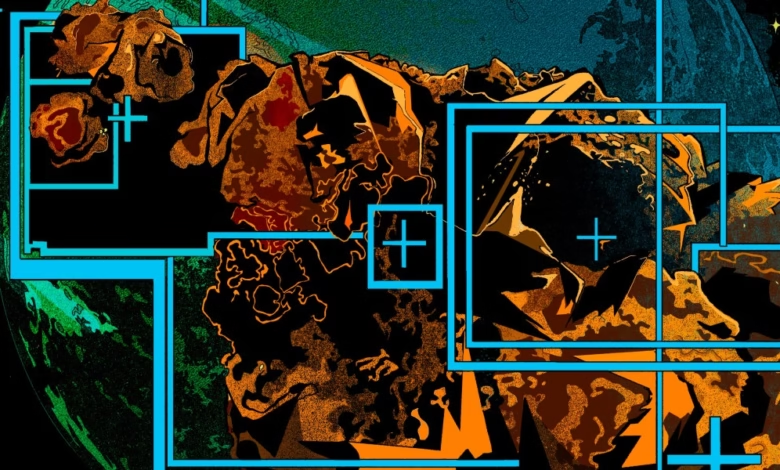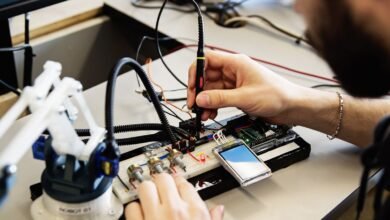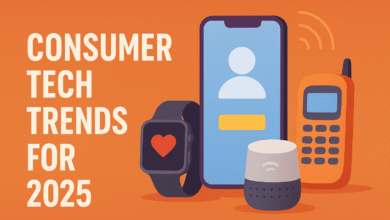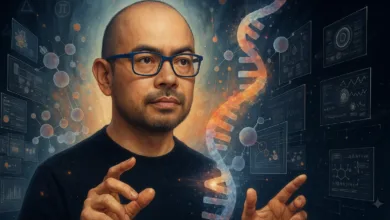Hunting Asteroids & Decoding the Human Mind

▼ Summary
– Astronomers initially calculated a 3.1% chance of a 130- to 300-foot asteroid hitting Earth in 2032, marking the highest risk ever for an asteroid of that size.
– Within days, experts reassessed and confirmed the asteroid would miss Earth, averting potential disaster.
– The article details how astronomers tracked, analyzed, and ultimately dismissed the threat under intense time pressure.
– MIT Technology Review’s Big Story series explores emerging technologies and their societal impacts, including this asteroid case.
– Recent studies in Nature show neural networks predicting behavior in psychological experiments, though explaining behavior remains a separate challenge.
Tracking asteroids and decoding human cognition represent two frontiers where cutting-edge science meets real-world impact. When astronomers detected a 130- to 300-foot asteroid with a 3.1% chance of colliding with Earth in 2032, it marked a pivotal moment in planetary defense. Never before had an object of that size carried such a significant risk. Within days, further observations confirmed the threat had passed, but the rapid response demonstrated how global networks of telescopes and experts work together to safeguard our planet.
The process of identifying, tracking, and ultimately ruling out cosmic hazards requires precision and collaboration. Teams worldwide analyze trajectories, calculate probabilities, and refine predictions as new data arrives. What initially seemed like a looming danger turned out to be a near miss, thanks to meticulous observation and computational modeling. This incident underscores the importance of continuous asteroid monitoring and the need for robust early-warning systems.
Meanwhile, another scientific frontier is being explored, one that delves into the mysteries of human cognition. Artificial intelligence is increasingly being used to model and predict brain activity, offering insights into how we think, learn, and behave. While today’s AI systems consume vast resources compared to the human brain, researchers believe neural networks could eventually help unlock deeper psychological understanding.
Recent studies published in Nature highlight AI’s potential in predicting behavioral patterns, though challenges remain. Simulating human decision-making is one thing; truly explaining the underlying mechanisms is another. Neuroscientists and psychologists are collaborating to bridge this gap, using AI as a tool to explore cognition in ways previously unimaginable.
From tracking celestial threats to decoding the mind, these scientific endeavors share a common thread: the relentless pursuit of knowledge to protect and understand our world, and ourselves.
(Source: Technology Review)




